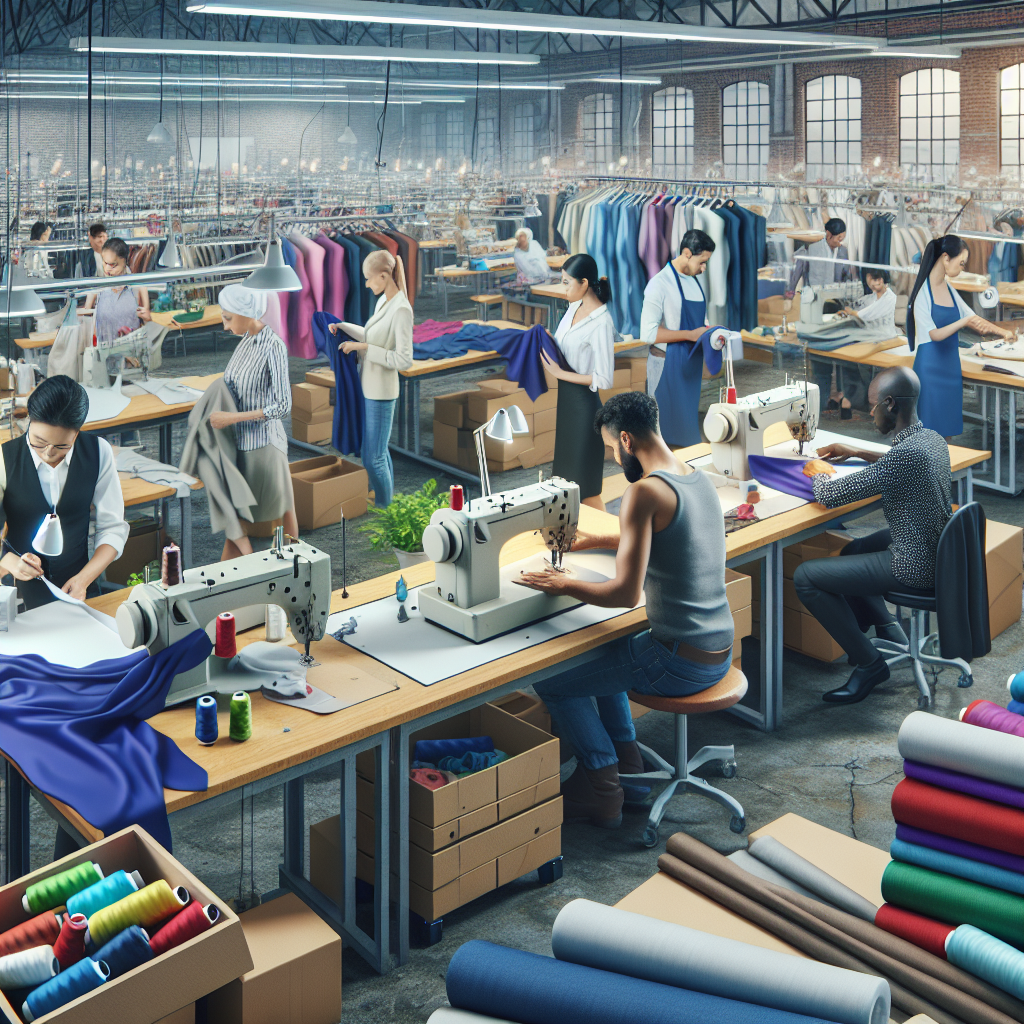Bangladesh Garment Factories Reopen After Deadly Protests
Most garment factories in Bangladesh reopened after violent protests over pay hikes left one worker dead. The unrest had caused closures and added to a significant production backlog. Industry leaders and officials urge enhanced security and review of wage structures to stabilize the sector, essential for 80% of the country's export earnings.

Most garment factories in Bangladesh reopened on Tuesday after violent protests over pay hikes left one worker dead and several injured, officials have said.
As one of the world's largest garment producers, Bangladesh supplies western brands like H&M and Zara. Recent protests, triggered by wage disputes, had led to widespread factory closures, exacerbating an already significant production backlog caused by political turmoil and floods, insiders revealed.
According to Abdullah Hil Rakib, senior vice president of the Bangladesh Garment Manufacturers and Exporters Association (BGMEA), most factories have resumed operations, although a handful remain closed due to payment issues. Rakib highlighted the unrest is largely driven by certain groups exploiting the law and order situation, urging stronger government security to ensure smooth operations.
In response, a labor ministry official stated a committee is reviewing the industry's capacity to revise wages, with a report expected soon. The government is also reviewing police cases against workers to prevent harassment. Factory owners call for immediate action to stabilize an industry critical to the nation's economy, comprising over 80% of export earnings.
Bangladesh, ranked as the third-largest global clothing exporter, exported $38.4 billion in garments last year. The unrest coincides with significant political changes, including Nobel laureate Muhammad Yunus leading an interim government after the resignation and subsequent exile of former Prime Minister Sheikh Hasina amid deadly violence.
Industry leaders warn that continued unrest might push global brands to move production to other countries like Indonesia and India. A factory owner emphasized, "Workers should consider if the industry doesn't survive, what will they do?"
(With inputs from agencies.)










